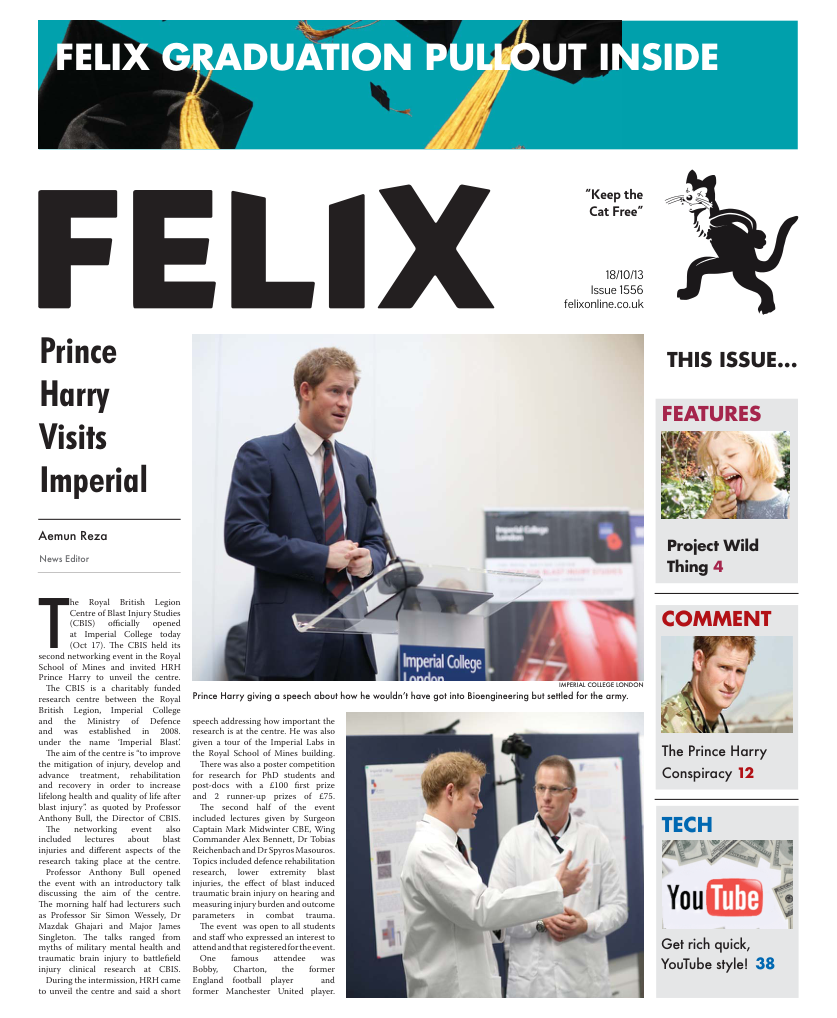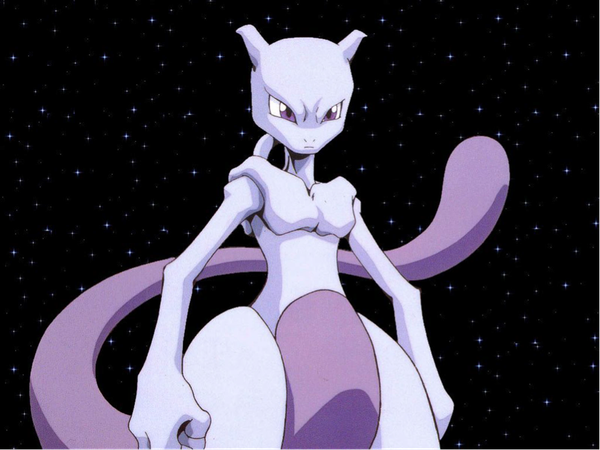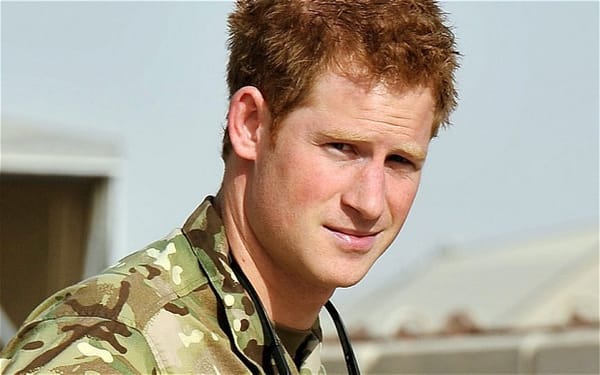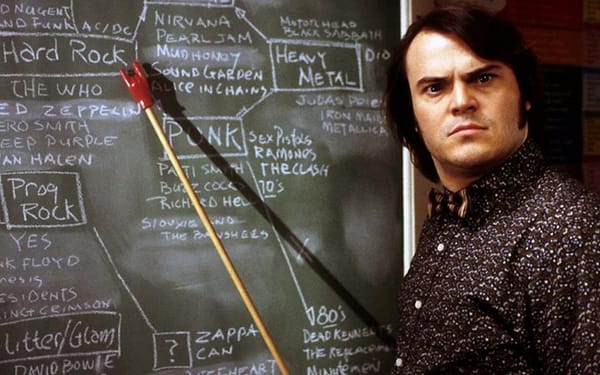Robin Thicke: Trivialising Rape?
Kirstin Hay takes on "Blurred Lines".
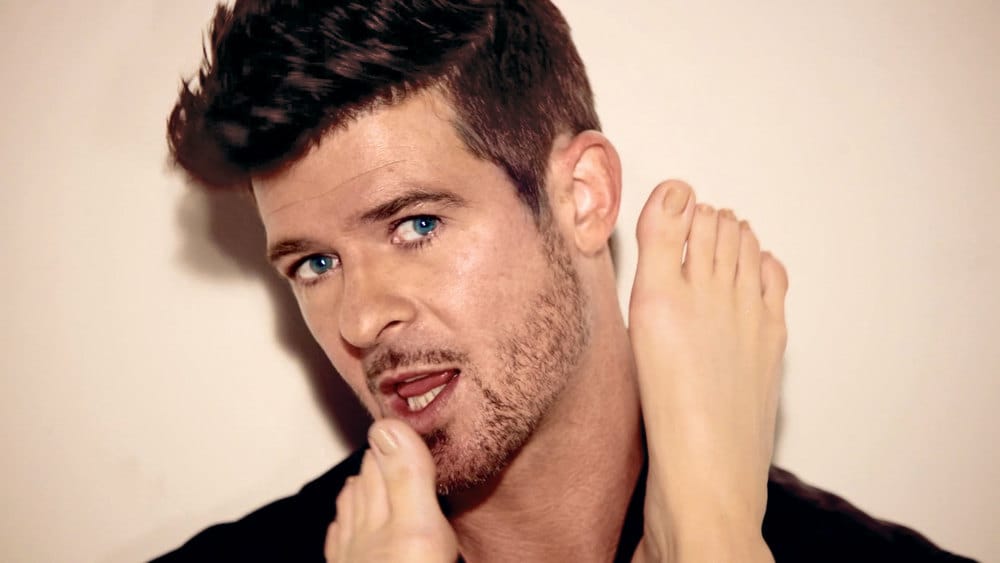
You know you want it. You’re a good girl.
These are lines taken from Project Unbreakable, where survivors of sexual assault are photographed holding a poster with a quote from their attacker. These two lines come up again and again. They are also oft-repeated lyrics in Robin Thicke’s song, Blurred Lines.
I could tell you about the seven student unions across the country (from Edinburgh to Kingston), who have decided that listening to the “language of rapists” is not appropriate for their student unions. I could say that we should do the same. I won’t because there’s little merit in banning one song, when commercial music is full of highly objectionable lyrics – violence against women, homophobia, racism. Banning one song (however bad) is not the solution if those who want to play it do not understand why others do not want to hear it.
We need to ask our union bars, and those using the Union to think about what they are playing. Do you want to be the person responsible for playing a song that makes a number of people in your bar uncomfortable? Do you want to play a song with lyrics veering into sexual assault or homophobia?
You could argue that listening to songs with offensive lyrics or meanings is not a problem in our student union since we are all adults and can think for ourselves and not be influenced by it, which for most of us, I am sure is the case. On the other hand, is that really the point? If someone were to use that kind of language to me in person, I would justifiably complain. Is it then okay for that same language to be playing for everyone to hear?
You could say that if I don’t want to hear these songs, then I should just stay at home with a cup of tea. I do love a good cup of tea, so this is tempting, but the Union is not a central London bar running for profit. The Union is the hub of student activity at Imperial and has to be a welcoming environment for all students.
You could highlight that the intended meaning of songs like Blurred Lines is more complex than just being a bit “rapey”. Robin Thicke has said that his song is designed to challenge the negative treatment of women by making fun of it. He has also said that it was a pleasure to degrade women in the video, so you can believe whichever version you choose.
Whatever the meaning of the song (intended or not), the language is still problematic, and makes a large number of people uncomfortable. I do not want to sit and listen to a song telling me that when I say no, I might mean yes, while having a quiet drink in our student union.
I don’t want to listen to the language of rapists.
I am not calling for a ban of the song in the Union, but I am asking you to think about what you are listening to, and if you do like the song but not the lyrics, perhaps you could always play one of the parody versions, or an instrumental version instead. The problem is much wider than Blurred Lines. Be aware of what you are listening to, particularly in a public place.

